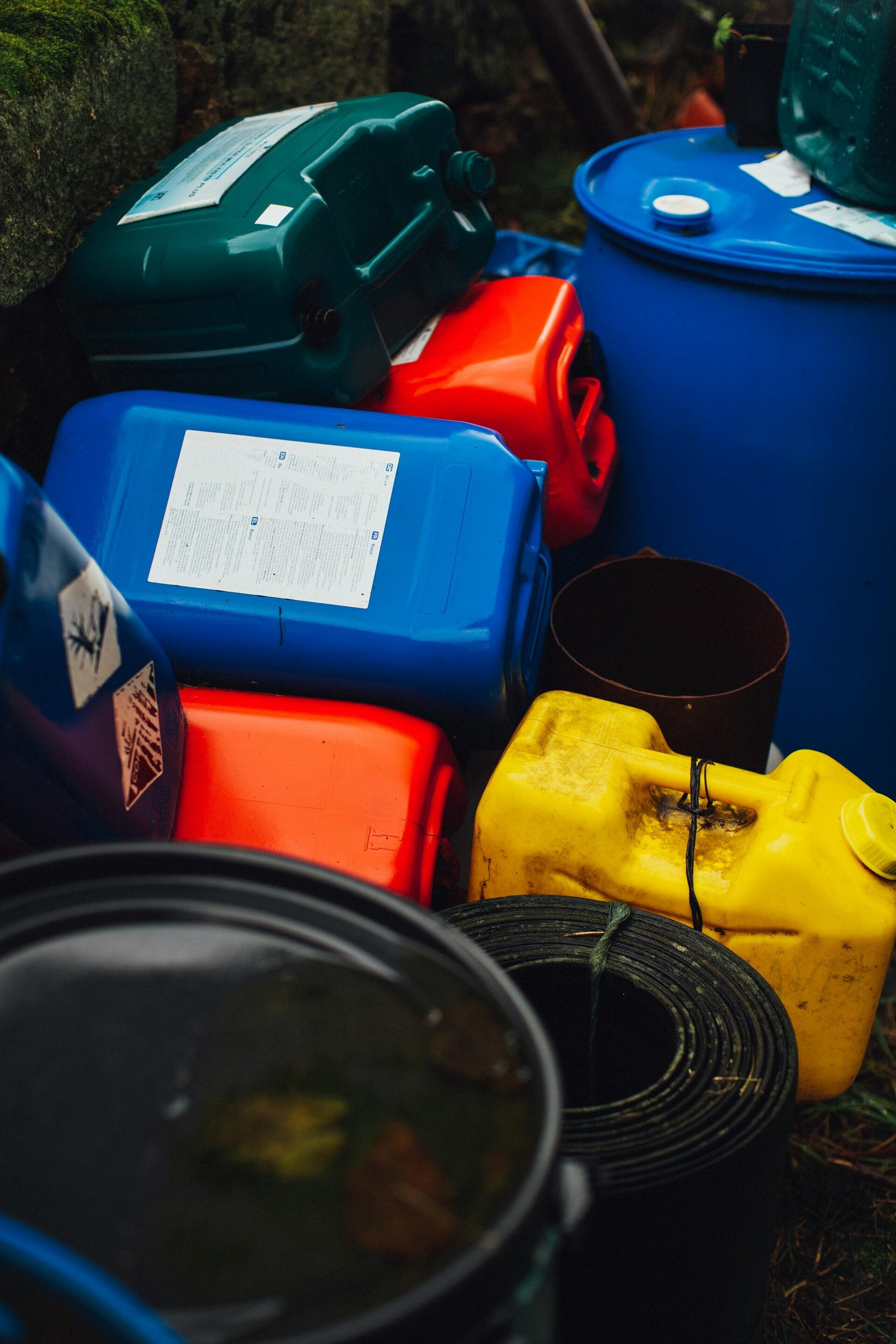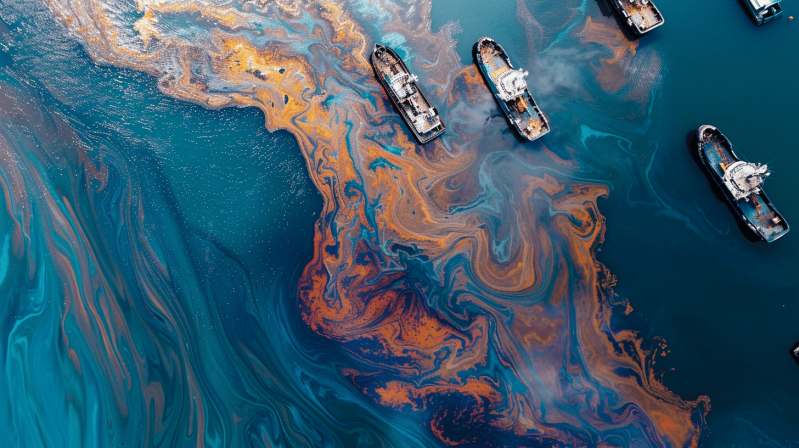The Production Process
Crude oil is a fossil fuel formed over millions of years from the remains of ancient plants and animals buried under layers of sediment and rock. It can be refined into many different energy forms such as gasoline, diesel fuel, jet fuel, and heating oil. Extracting it involves drilling wells on proven reservoirs, pumping the crude to the surface, and processing it through a petroleum refining system.
The refining process involves three basic steps: separation, conversion, and treatment. Crude oil is heated and divided based on boiling points, then, through various chemical processes, heavy factions are converted into lighter, higher-quality fuels. Finally, the treatment ensures elimination of impurities.



The Hidden Costs
While oil has powered modern life, its true costs are staggering.
-
Climate Change- burning oil releases vast amounts of carbon dioxide and methane, the leading drivers of climate change. Transportation, fueled largely by this fossil fuel, accounts for nearly a quarter of global greenhouse gas emissions.
- Air Pollution- Oil refineries and vehicle exhaust release pollutants such as sulfur dioxide, nitrogen oxides, and particulate matter, all linked to respiratory disease.
- Water Pollution- Oil spills disturb entire underwater ecosystems. Its toxicity has threatened the lives of thousands of marine organisms and induced long-term ecological damage, altered food webs, and reduced biodiversity.
- Environmental Degradation- Drilling and pipelines fragment habitats, threaten biodiversity, and often occur on ecologically sensitive land.

Source: Global Industrial
Communities on the Frontline
Communities near refiners and extraction sites- often low-income or marginalized groups- bear disproportionate health burdens from cancer clusters, respiratory illness, and birth defects. For example, “Cancer Alley” in Louisiana, a stretch of the Mississippi River lined with refineries and petrochemical plants, has some of the highest cancer rates in the United States.
The Path Ahead
Oil has helped build the world we live in today, but it is also destabilizing our climate and jeopardizing our future. Recognizing both its role and impact is a crucial step to breaking free from its grasp. By accelerating renewable energy, suppressing vehicle use, and holding polluters accountable, a healthier and resilient future will follow.
Add comment
Comments